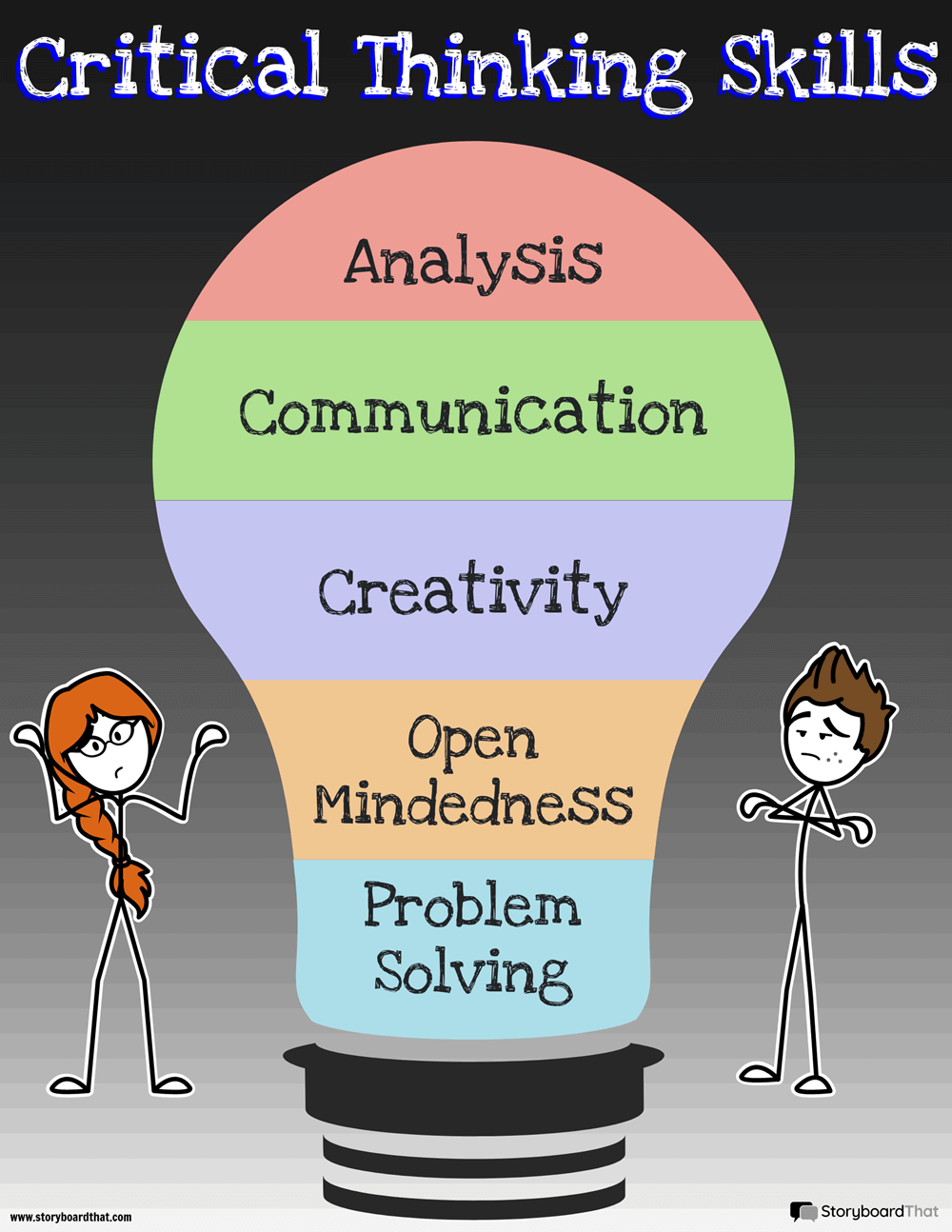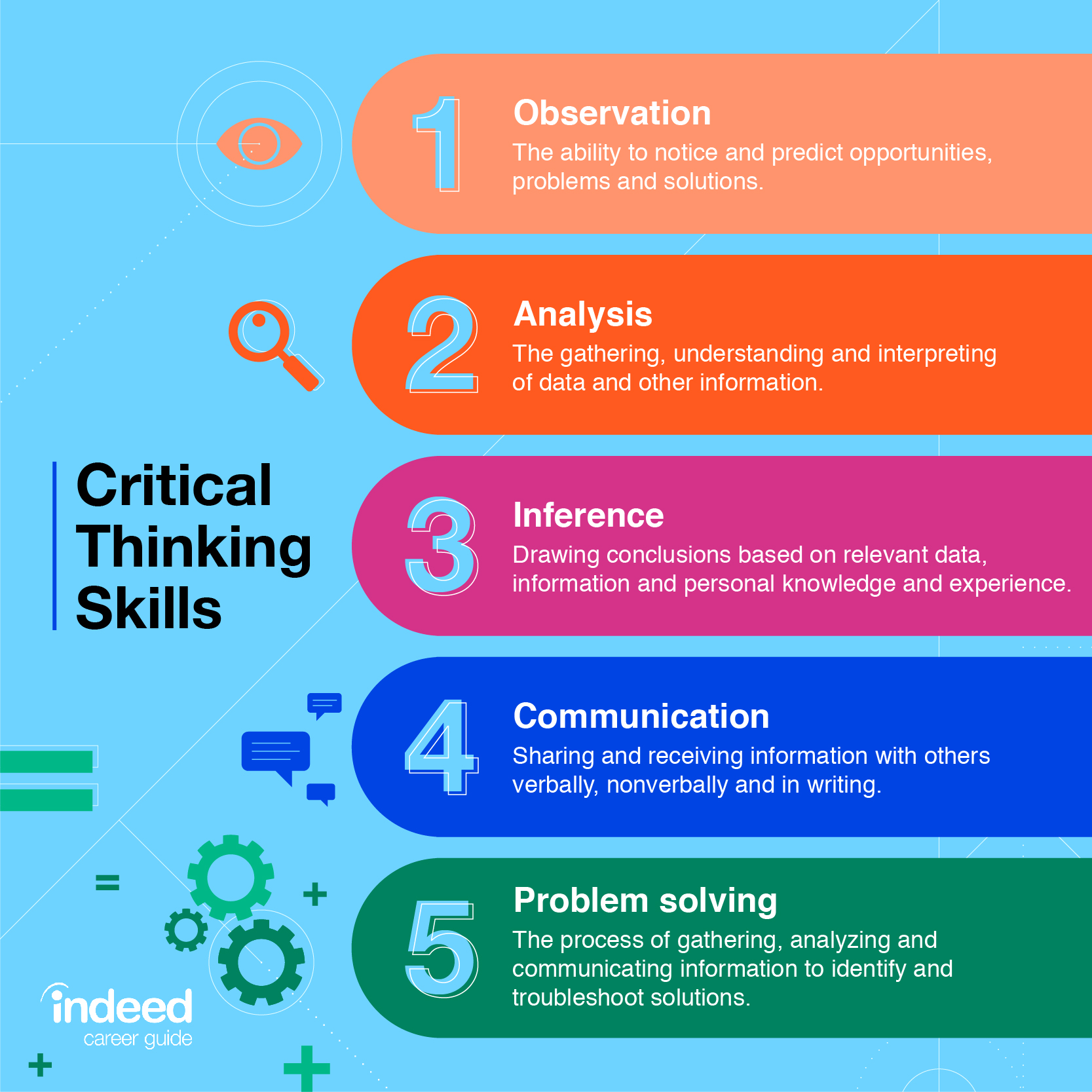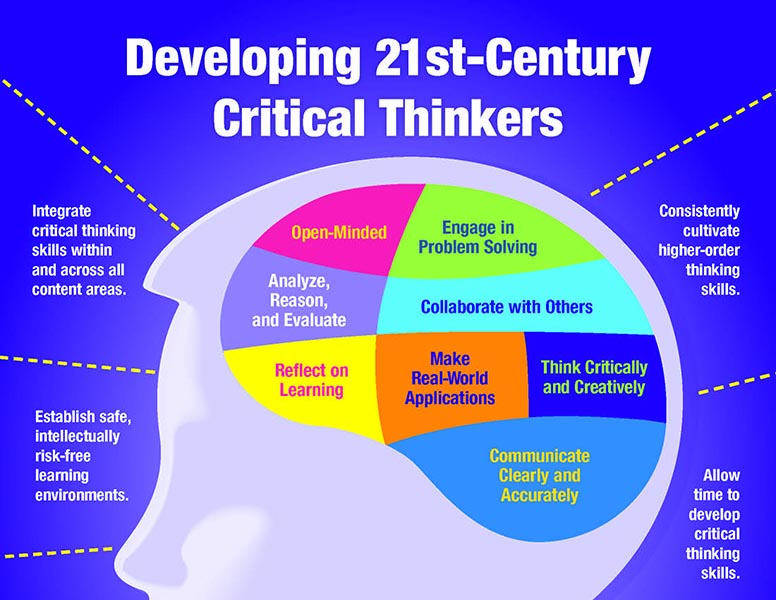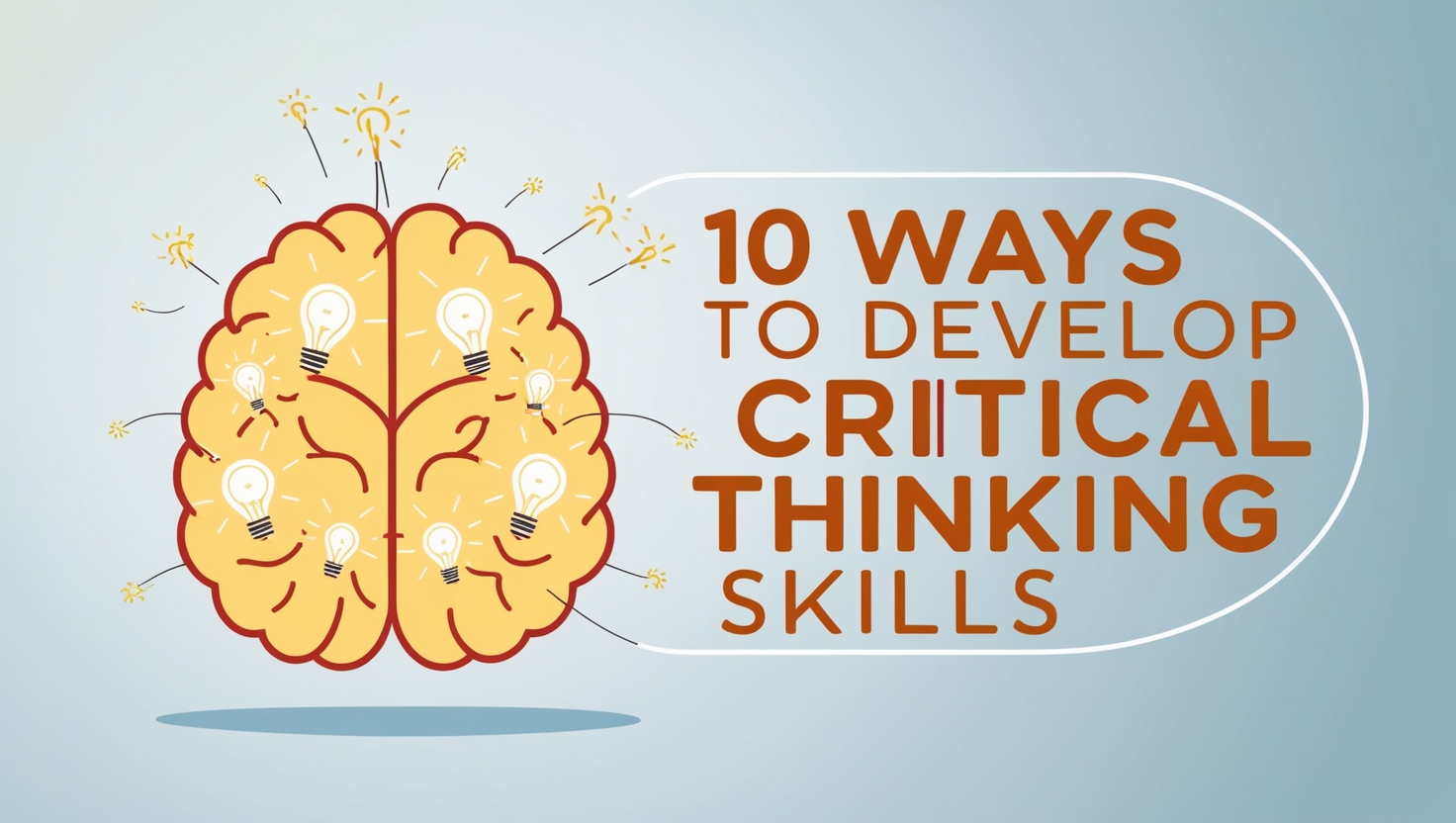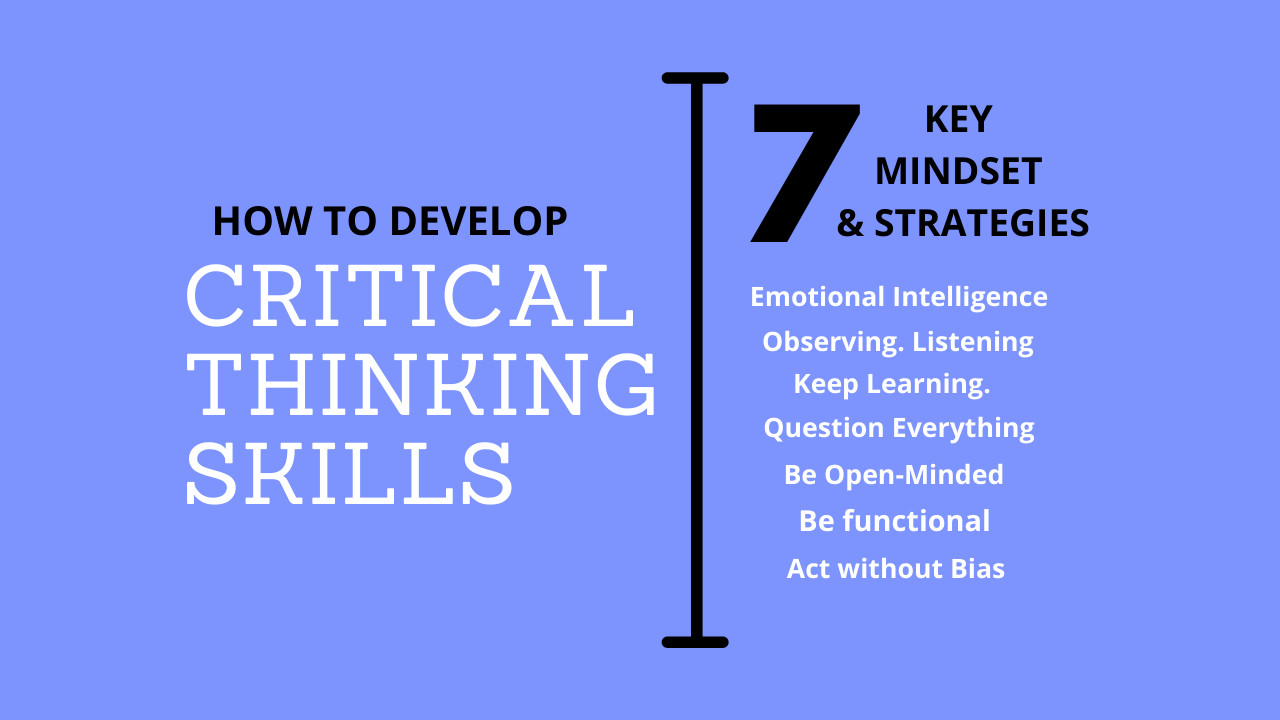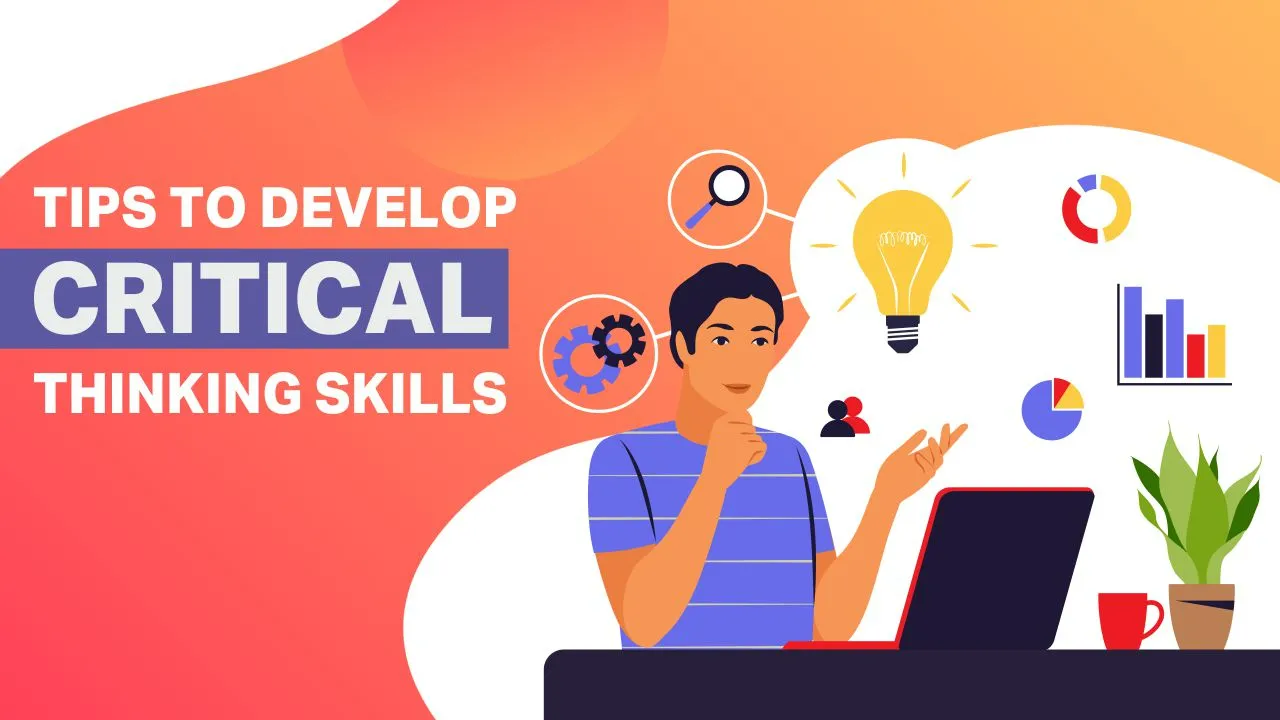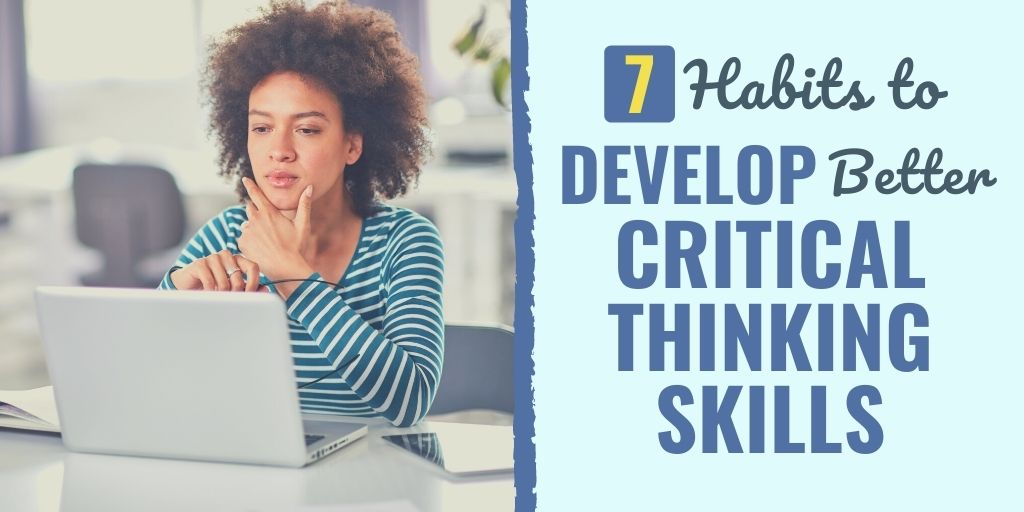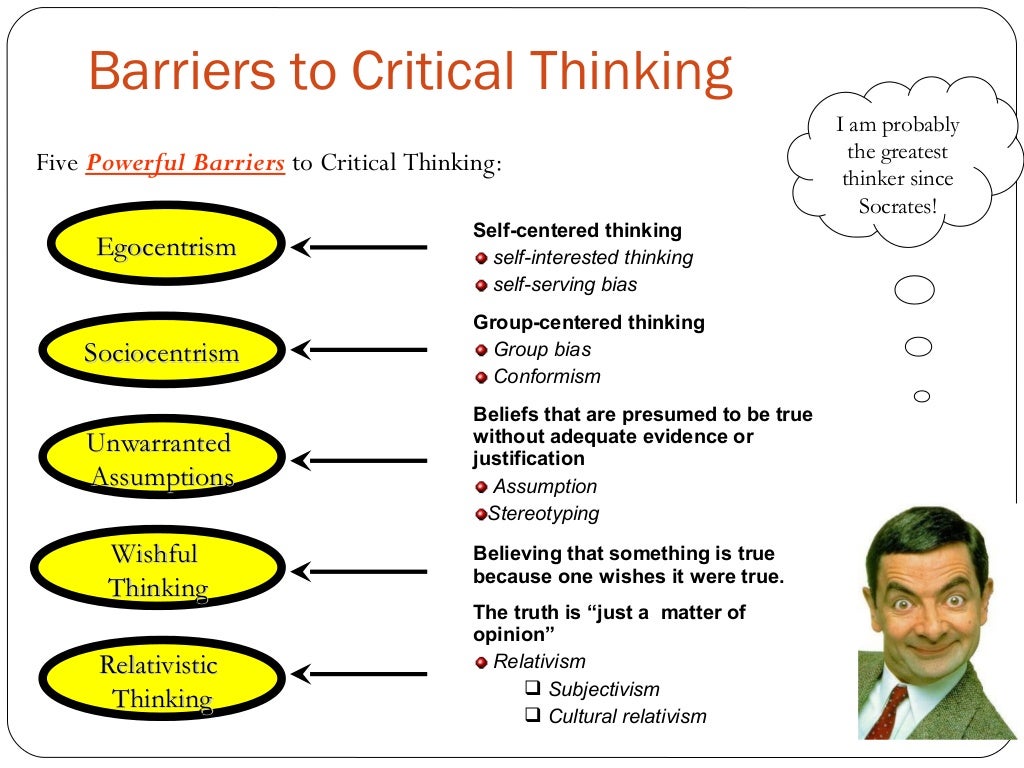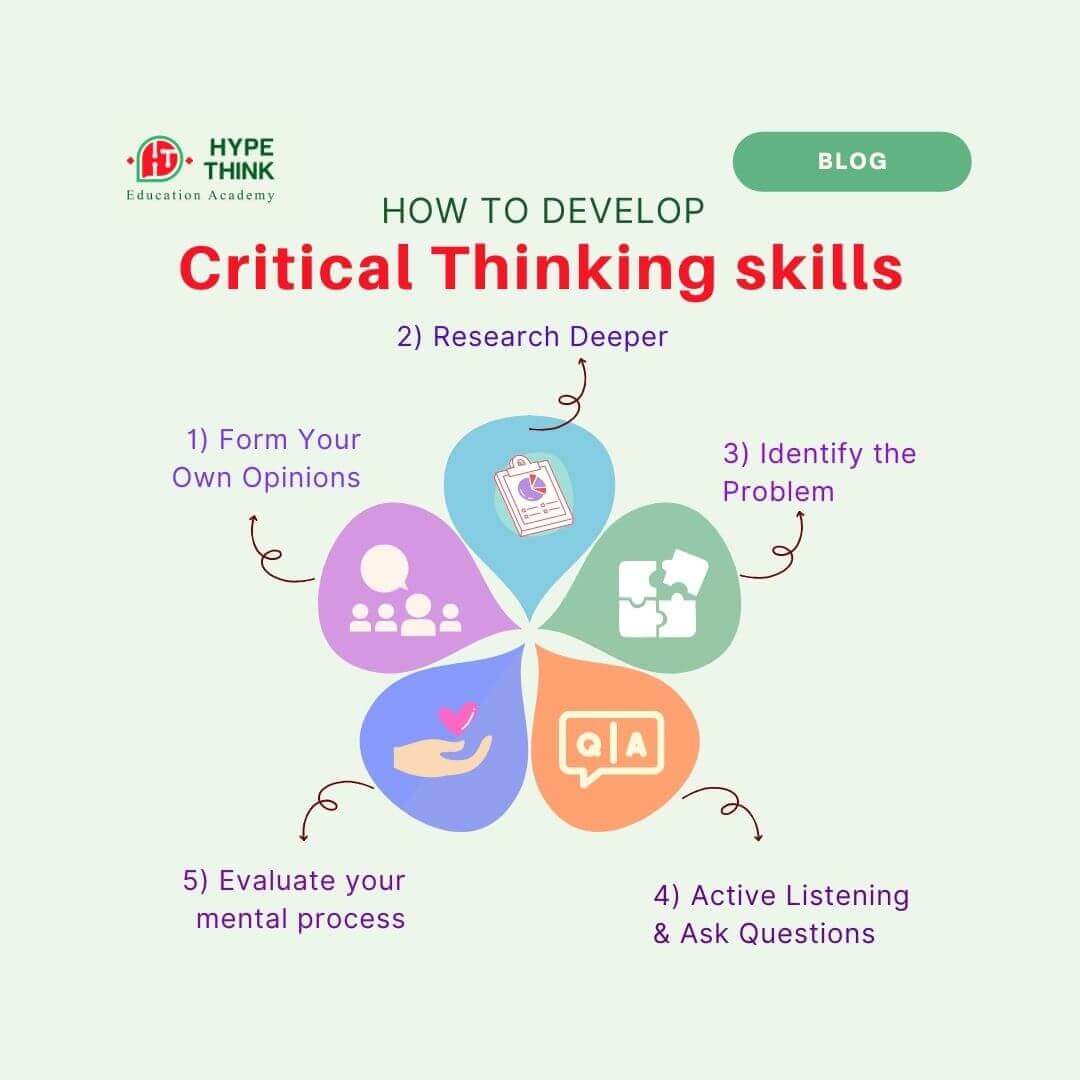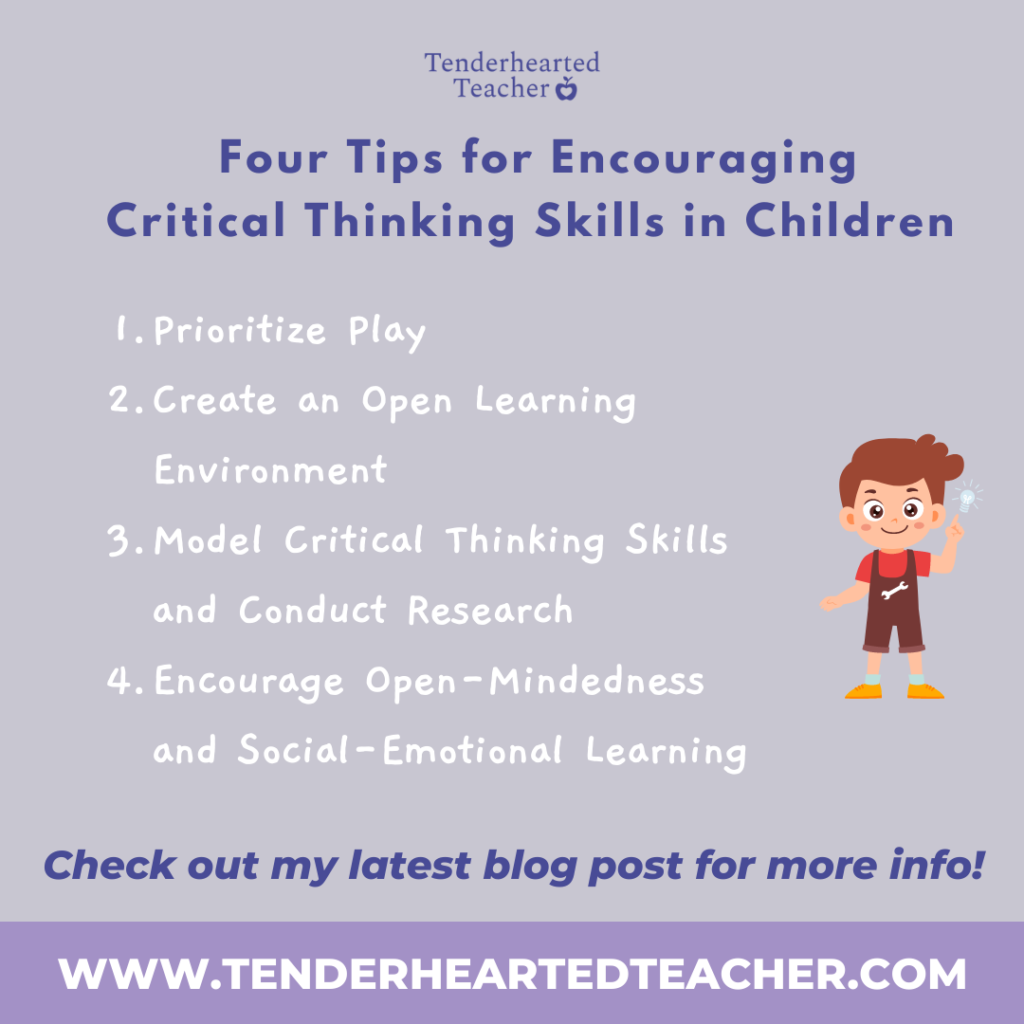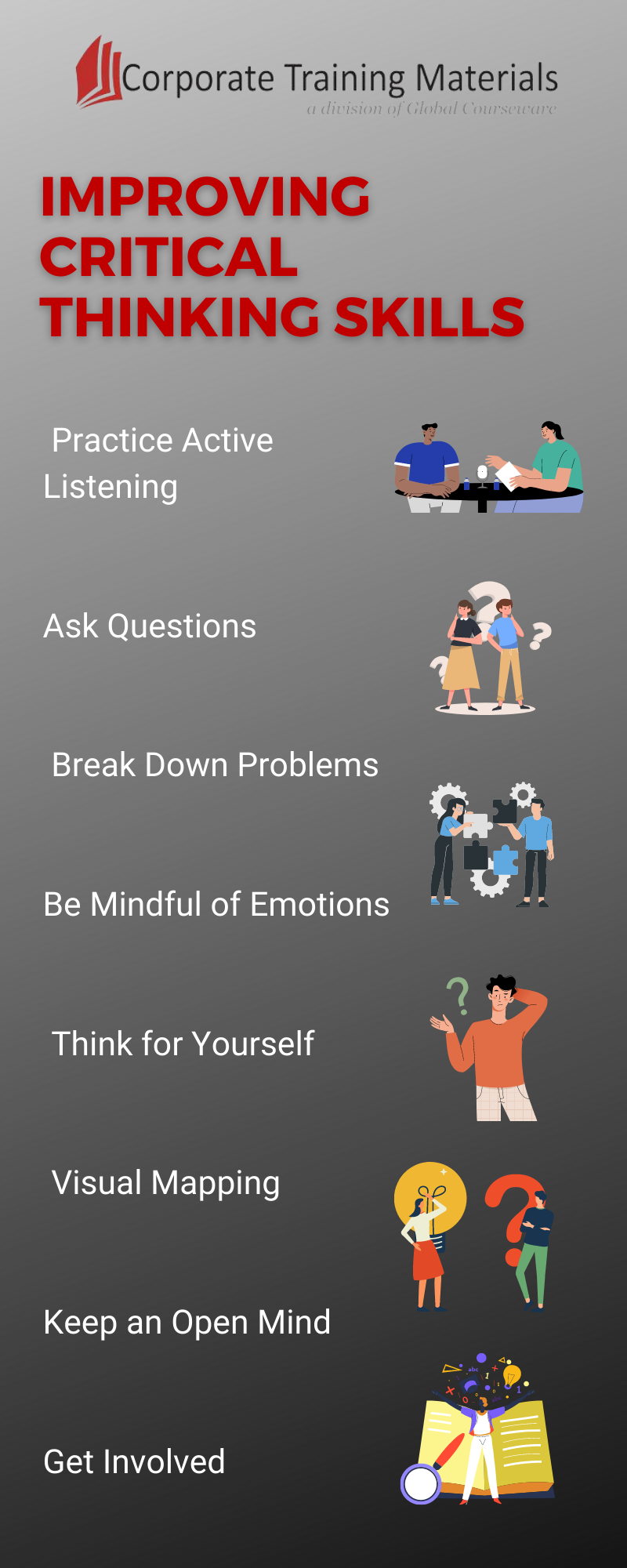Developing Critical Thinking Skills
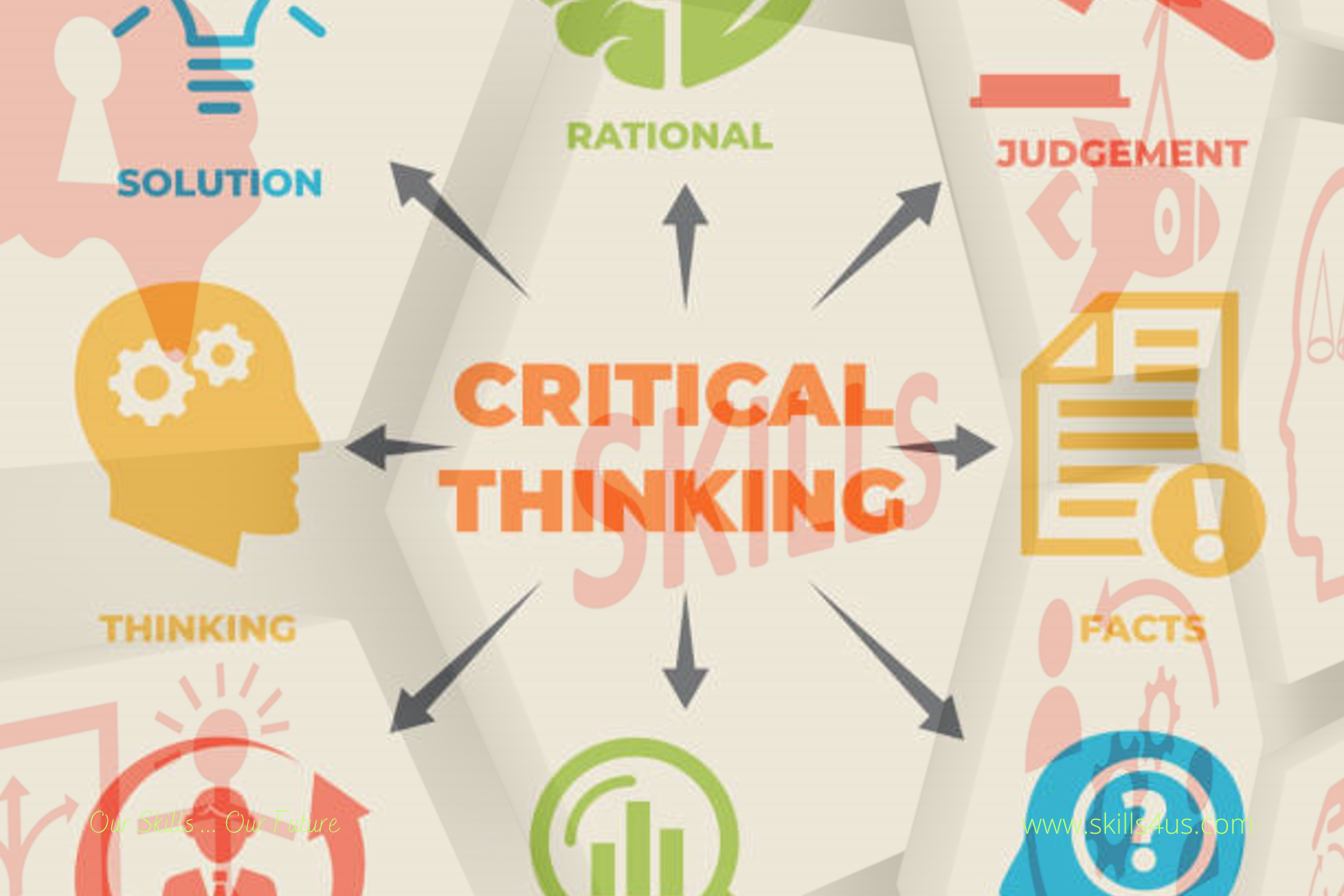
Imagine a world overflowing with information, where opinions clash and headlines scream for your attention. It's a daily deluge, and navigating it can feel like trying to chart a course through a storm. But there's a powerful tool that can act as your compass and guide: critical thinking.
At its heart, developing strong critical thinking skills is about more than just memorizing facts; it’s about cultivating the ability to analyze information objectively, identify biases, and form well-reasoned judgments. This vital skill isn’t just for academics or professionals; it’s essential for everyone seeking to thrive in an increasingly complex world.
The Foundation of Informed Decisions
Critical thinking provides the framework for making sound decisions, both big and small. It empowers individuals to move beyond simply accepting information at face value and instead encourages them to question, investigate, and evaluate.
Think of it as mental agility, a muscle you can strengthen with practice and intention. This skill allows us to participate more effectively in our communities, careers, and personal lives.
Cultivating a Critical Mindset
Developing critical thinking isn't about overnight transformation; it's a journey. One effective approach involves actively seeking diverse perspectives and challenging your own assumptions.
Consider engaging in thoughtful debates, reading articles from various sources, and actively listening to opinions that differ from your own. This exposure broadens your understanding and helps you identify potential biases in your own thinking.
"The function of education is to teach one to think intensively and to think critically. Intelligence plus character – that is the goal of true education." - Martin Luther King, Jr.
Asking questions is also crucial. Don't be afraid to probe deeper, ask "why," and demand evidence to support claims. This proactive approach helps to uncover hidden assumptions and identify potential flaws in arguments.
The Role of Education and Lifelong Learning
Educational institutions play a key role in fostering critical thinking skills. Many schools are now incorporating activities and assignments designed to encourage students to analyze information, solve problems, and make reasoned arguments.
However, developing critical thinking skills isn't limited to the classroom. Lifelong learning is essential, and actively seeking opportunities to learn and grow is crucial.
Online courses, workshops, and reading groups can all provide valuable opportunities to hone your critical thinking abilities. Look for resources that emphasize logic, reasoning, and problem-solving.
Critical Thinking in the Digital Age
In today's digital age, with its constant stream of information and misinformation, critical thinking is more important than ever. Being able to discern fact from fiction, identify fake news, and evaluate the credibility of sources is crucial.
The ability to critically analyze online content is a vital skill for navigating the digital landscape. Always consider the source, look for evidence of bias, and cross-reference information before accepting it as truth.
According to a recent report by the Pew Research Center, only a small percentage of adults are confident in their ability to distinguish between factual news and misinformation online. This highlights the urgent need for increased emphasis on critical thinking education.
The Benefits Beyond Academics
The benefits of critical thinking extend far beyond academic and professional success. It fosters intellectual curiosity, promotes empathy, and enables more informed and engaged citizenship.
Individuals with strong critical thinking skills are better equipped to understand complex issues, participate in meaningful discussions, and contribute to solutions.
By encouraging thoughtful analysis and reasoned judgment, critical thinking helps to build a more informed and engaged society. In essence, critical thinking helps create people who are capable of leading their own lives and contributing meaningfully to their community.
Ultimately, developing critical thinking skills is about empowering yourself to be an active, informed, and engaged participant in the world around you. It’s about taking control of your own thinking and shaping your own future.
